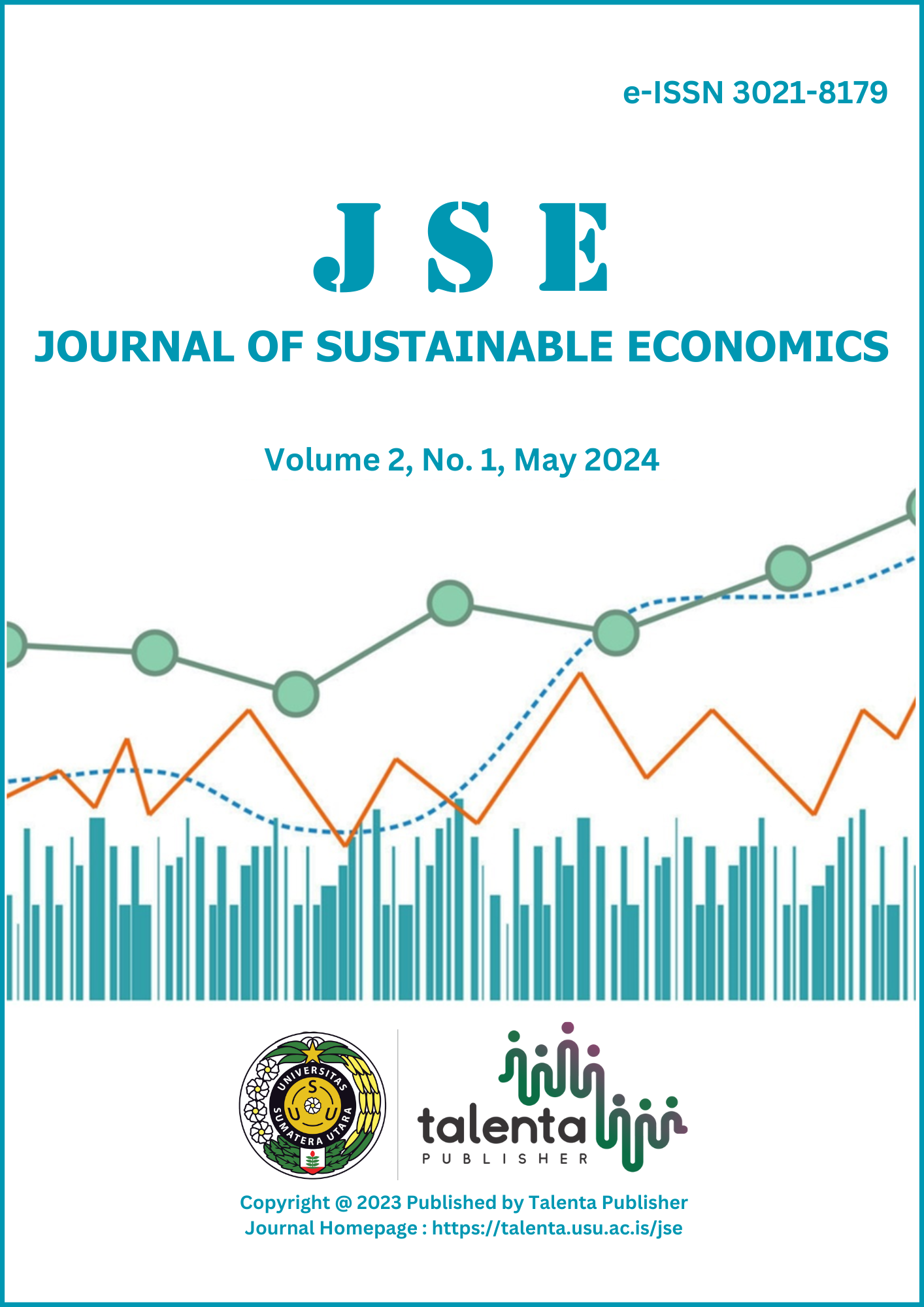Mapping Sustainable Development Goals and Constitutional Rules: Looking from Human Rights Approach in Malaysia
DOI:
https://doi.org/10.32734/jse.v2i1.16663Keywords:
Sustainable Development, Constitutional Rules, Soft Law, Economic Development, Human RightsAbstract
The 2015 Sustainable Development Goals (SDGs) provide the UN with a roadmap for development until 2030. The goals would also be subjected to the national agenda. The study explored the associated legal and normative implications of SDGs. The 17 goals and 169 targets of the SDGs covered crucial areas of poverty reduction, climate change, clean water, and access to justice. Combining both thematic and goal-specific analysis, the study establishes the relevance not just of international law, but also of a broader range of normative frameworks including constitutional norms, domestic regulatory law, and human rights. Connecting the SDGs to wider debates in constitutional economics and sustainable development, this study ultimately demonstrates that law has an important constitutive and instrumental role to play in both implementation and analysis. The method used is based on the review of the constitutional provision in Malaysia and major international agreements on sustainable development which are linked to human rights. This relationship will prove invaluable for scholars in the field of sustainable development. Its insightful observations will also provide food for thought for both related international organizations and national government officials.
Downloads
Downloads
Published
How to Cite
Issue
Section
License
Copyright (c) 2024 Journal of Sustainable Economics

This work is licensed under a Creative Commons Attribution-ShareAlike 4.0 International License.













